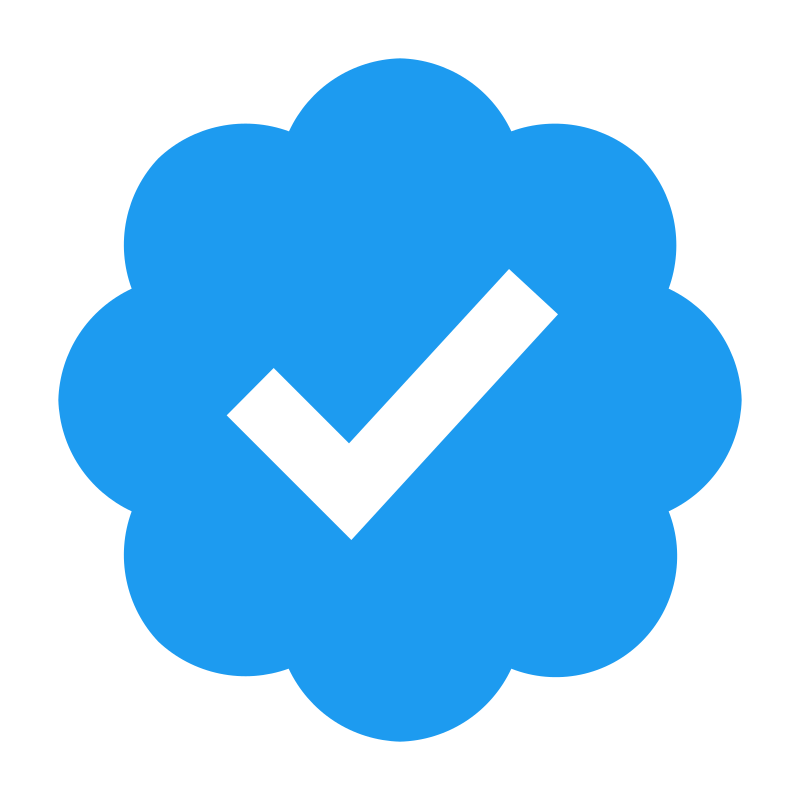Five Reasons YouTube’s Health Verification Matters, And Why It’s Just The Start…

For years, social platforms have seen healthcare content gently bubbling away under the surface. Often created by people with no relevant qualification, who would offer health guidance, tips and hacks, usually based on their own experiences. But the impact was relatively low and it was taken as part of a ‘lifestyle’ setting.
As with so much else, the global pandemic changed all of that.
Suddenly the unsubstantiated words of anyone, regardless of their expertise or knowledge, carried as much weight as Prof. Dame Jenny Harries or Prof. Chris Whitty, creating a swirl of misinformation and people taking that advice at face value. With YouTube becoming one of the world’s foremost sources of health information, this content is more accessible than ever before and these people have an even greater platform to share their views.
Now in the post-pandemic era, the number of influential voices, and the scope of health matters they talk about, have grown exponentially. From influencers excitedly pushing their ‘internal shower’ smoothie recipes for gut health, to talking about which vitamins prevent cancer (and then recommending their favourite specific brand…) and shampoos as the cause of weight gain; social media has become the place to go to for pseudo-legitimate health influencers looking to build followings. Healthcare professionals (HCPs) have a duty to do no harm and talk about the facts, whereas many of those without any such qualification get the opportunity to share misinformation on a daily basis.
That is until recently, when YouTube announced it had begun rolling out verified profiles for healthcare professionals. The rigorous process is aimed at clamping down on mis+disinformation on its platform. It is also tightening all health content on the platform, removing cancer related content, among other areas such as vaccines, that are deemed to pose a public health risk. For its part, X is also implementing stricter regulations on healthcare companies’ paid ads promoting disease awareness messaging in addition to their products and services.
But what are the strategic implications of this for the health and wellbeing, med-tech/device and pharmaceutical companies? Let’s break it down.
-
Congregation around legitimacy
On the one hand we’re going to see restrictions around what regular influencers can talk about, which can limit collaboration opportunities with them. On the other hand it opens up opportunities for compliant collaboration between HCPs and pharmaceutical / healthcare companies. In effect, the ‘authenticated’ badge will almost become an endorsement of expertise.
-
Non-science will go fringe
The flipside of that is that non-science will move to the fringes. There will always be an appetite for this type of content, but it will move toward the underground. Policing content will also fall heavily on the ASA, as YouTube will be likely to encourage people to self report anything which breaks the rules, rather than pro-actively block content.
-
People will become better informed, and YouTube will become the place to go
As the desire for quality healthcare information grows, large audiences will turn to YouTube regularly. This will help cement its status as the go-to place to hear from the global healthcare professional community.
-
Healthcare companies, such as those in pharma, have an opportunity right now to identify rising HCP stars and partner with them over the long term
If Healthcare companies dedicate time to identifying and partnering with the next generation of star HCPs, they could raise their profiles in tandem. On the HCP side, having legitimate and cutting edge research and information which can provide new takes on the issues they see and speak about with their communities. On the organisational side, it allows them to play in a space which is only growing, but is led by individuals most able to connect with their audiences.
-
This is likely just the tip of the iceberg
We know that where one platform goes, others follow. We’ve already seen this with X tightening its regulations in terms of health advertising. No one wants to be known as the home of fake news, and so verification of HCPs is likely to be just the opening salvo in a battle for believability and trust, which is ultimately the most important currency for influencers and platforms alike.
What are your thoughts on these changes and what do you hope to see to help tighten up regulations across social media platforms to fight against mis+disinformation?
Co-authored by Jack Stanley, Nina Vadjaraganian and Vik Khagram.
